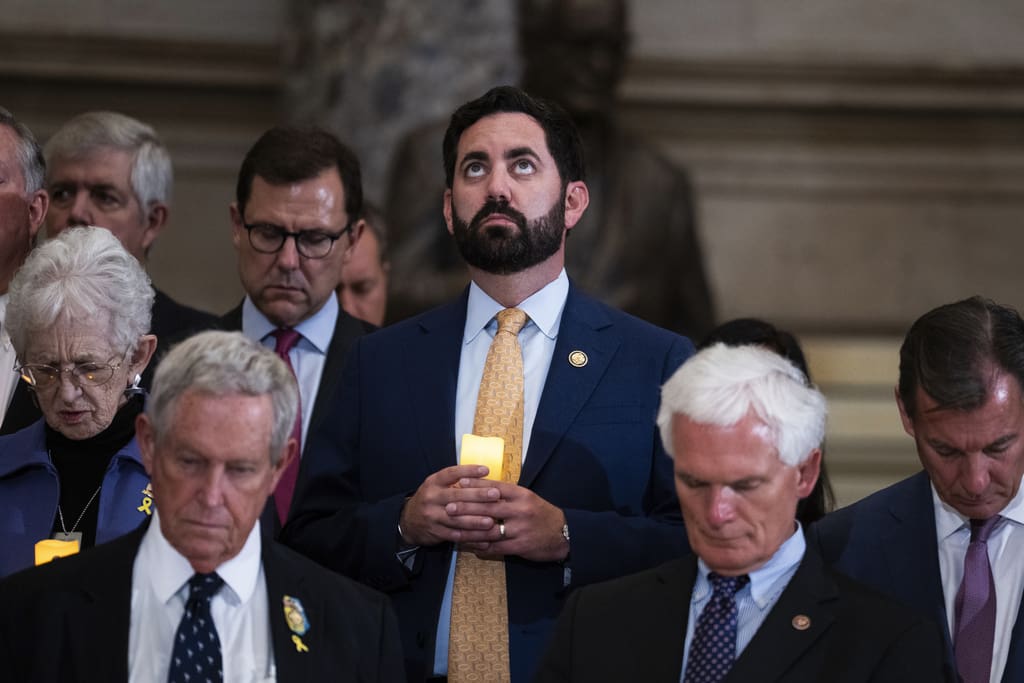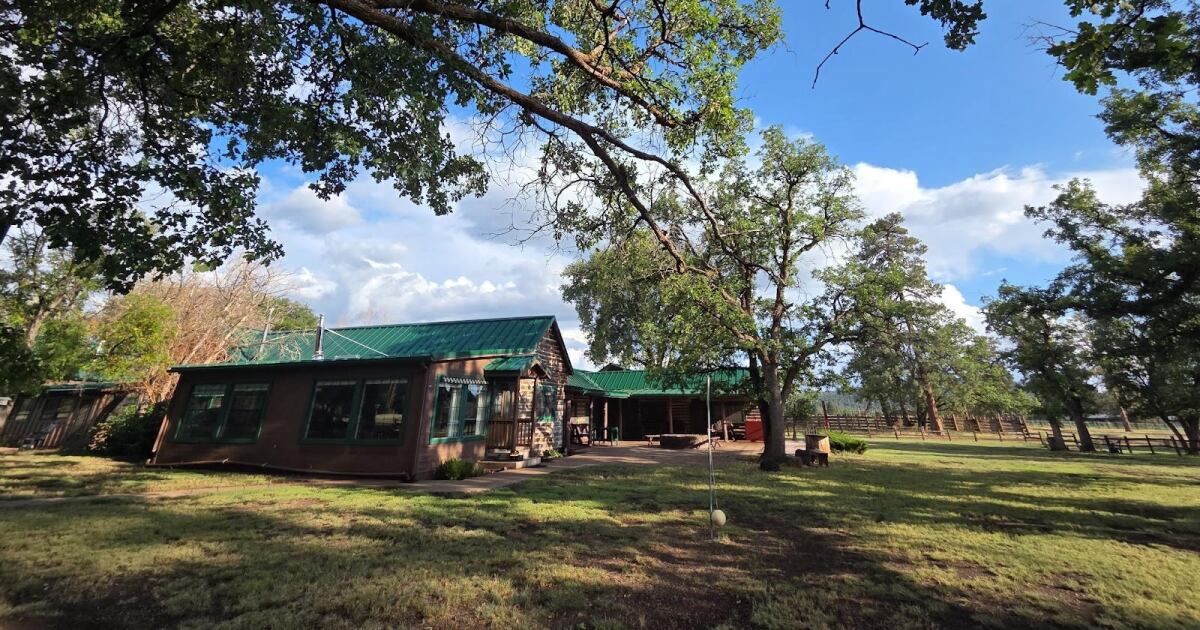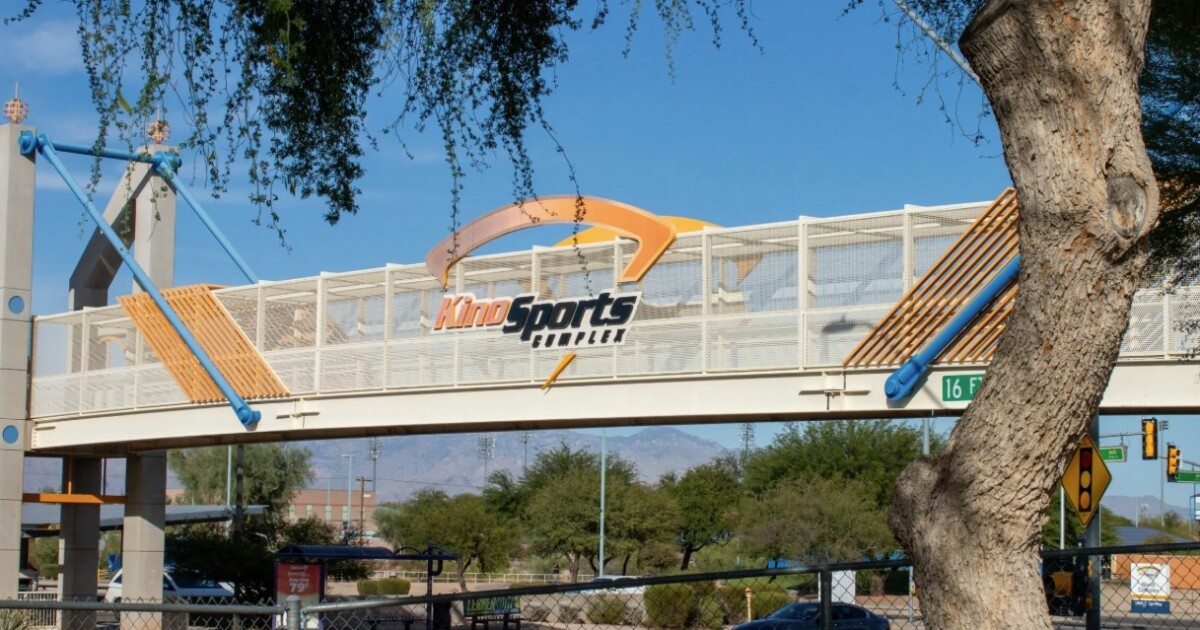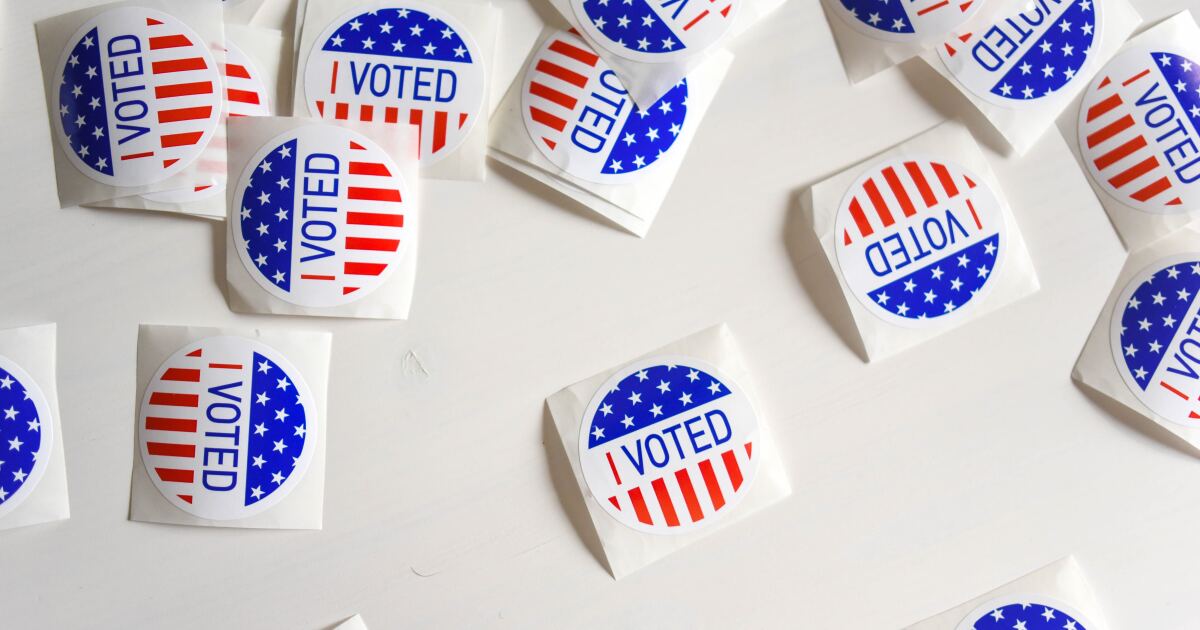Adapted from the MT Lowdown, a weekly email newsletter with original reporting and analysis every Friday.
Montana’s longstanding opposition to a statewide sales tax is well-known. Despite ongoing efforts from political leaders, voters have consistently resisted the idea, believing it isn’t beneficial for public finances. But with economic shifts, Todd O’Hair, president and CEO of the Montana Chamber of Commerce, suggests it might be time for a reconsideration.
O’Hair has been advocating for this change through various presentations across Montana. Historically, Montana’s economy thrived on industries like mining and timber, which contributed significantly to tax revenue through large property investments. However, as industries evolve, sectors like tourism and biotech, less reliant on tangible property, are becoming more prominent. This shift increases the tax burden on homeowners, fueling tax dissatisfaction in Montana politics.
“Our property tax system suited us well as a capital-intensive, industrial state,” O’Hair noted, emphasizing Montana’s transformation into an “intellectual capital state.” Consequently, residential properties now bear a larger tax share, rising from 35% in 1996 to 58% in 2023, partly due to soaring home values during the pandemic.
Efforts to mitigate property tax issues, such as a second-home tax measure, aimed to redistribute the tax load, targeting out-of-state homeowners and large properties. Although O’Hair was involved in developing this measure, the business sector opposed it, fearing increased taxes on large enterprises.
O’Hair warns that continued tax shifts could jeopardize the viability of remaining industrial businesses, stressing the need for sustainable tax solutions. While state income tax reduction is a priority for Gov. Greg Gianforte, a sales tax could be considered. However, the idea remains controversial as Montana is one of five states without a state-level sales tax.
Democrats argue that a sales tax would disproportionately affect lower-income residents. Former Gov. Brian Schweitzer believes that Republican leaders may be allowing property tax issues to persist, making a sales tax more appealing. Though historically opposed, O’Hair believes a sales tax could alleviate Montana’s tax pressures, particularly by capturing revenue from non-resident tourists.
A 4% sales tax could potentially generate $1.3 billion annually, according to estimates by the Legislative Fiscal Division. Yet, any change would require significant public conversation, which O’Hair suggests should be led by Montana’s business community, not politicians.
—
Read More Montana News










